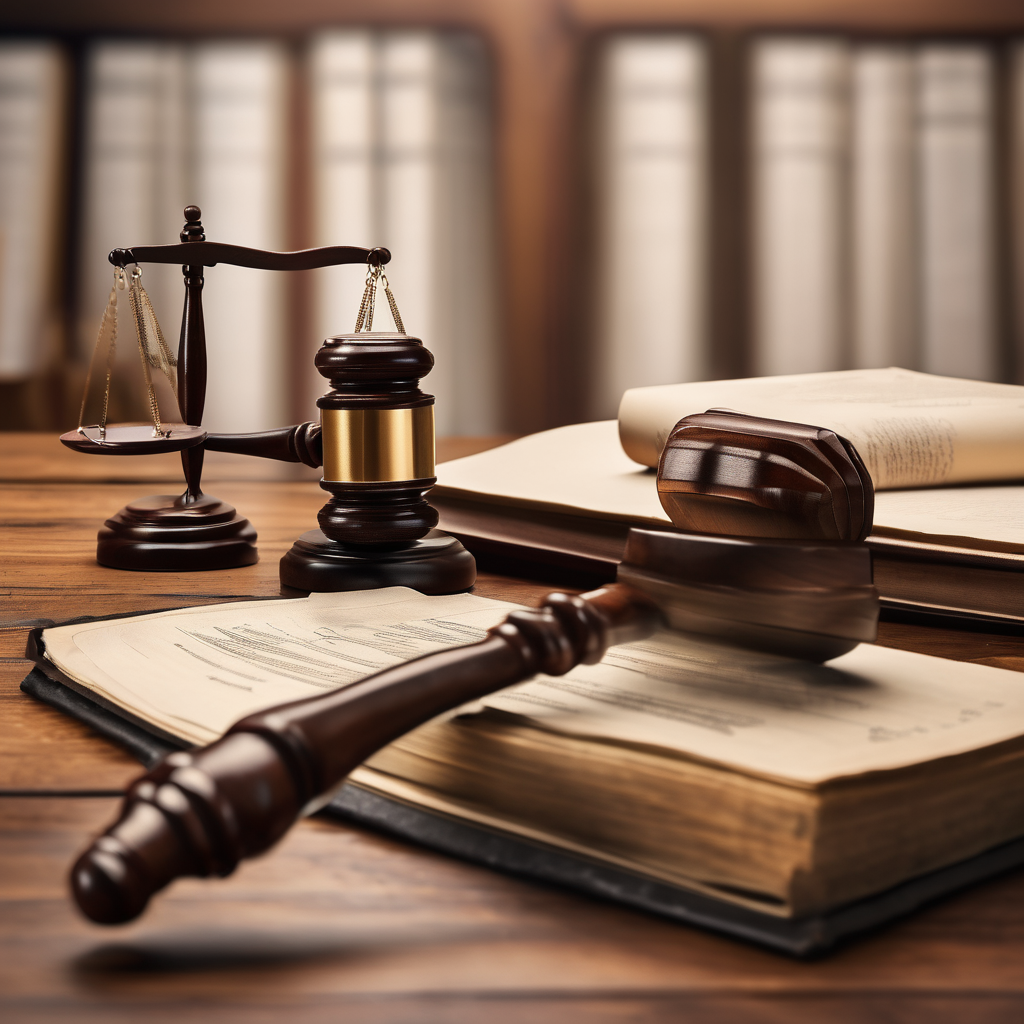A federal judge has dismissed criminal cases against former FBI Director James Comey and New York Attorney General Letitia James, ruling that the attorney who brought the charges was improperly appointed. The cases were dismissed “without prejudice,” leaving open the possibility for future prosecution.
U.S. District Judge Cameron Currie determined that Lindsey Halligan, the interim U.S. attorney who secured the indictments against both Comey and James, was appointed in violation of the Appointments Clause of the Constitution. In her ruling, Currie stated that all actions resulting from Halligan’s appointment, including the signing of the indictment against James, represent unlawful exercises of executive power.
This decision marks a significant setback for former President Donald Trump, who had actively urged Attorney General Pam Bondi to pursue legal action against Comey, James, and other political adversaries. Halligan’s office, along with the White House and the Department of Justice, did not respond promptly to requests for comment regarding Currie’s ruling.
Comey faced charges of making a false statement and obstruction of justice related to his testimony before Congress. His indictment surfaced shortly after Halligan was appointed as the interim U.S. attorney for the Eastern District of Virginia, following the resignation of Erik Siebert, who reportedly had hesitations about prosecuting Comey.
Similarly, James was charged with bank fraud and making false statements related to a mortgage obtained in 2020. Judge Currie also highlighted that Halligan’s appointment violated a statutory mechanism requiring interim U.S. attorneys to be appointed within 120 days, which had expired prior to Halligan’s appointment.
The judge noted that Halligan was the sole prosecutor to present evidence to the grand juries that returned the indictments against both Comey and James. Following the dismissal of the charges, James expressed gratitude for the support she received and reiterated her commitment to advocate for New Yorkers in light of what she described as baseless accusations.
This ruling underscores the complexities of legal appointments and highlights the ongoing tensions between political figures and the justice system.
